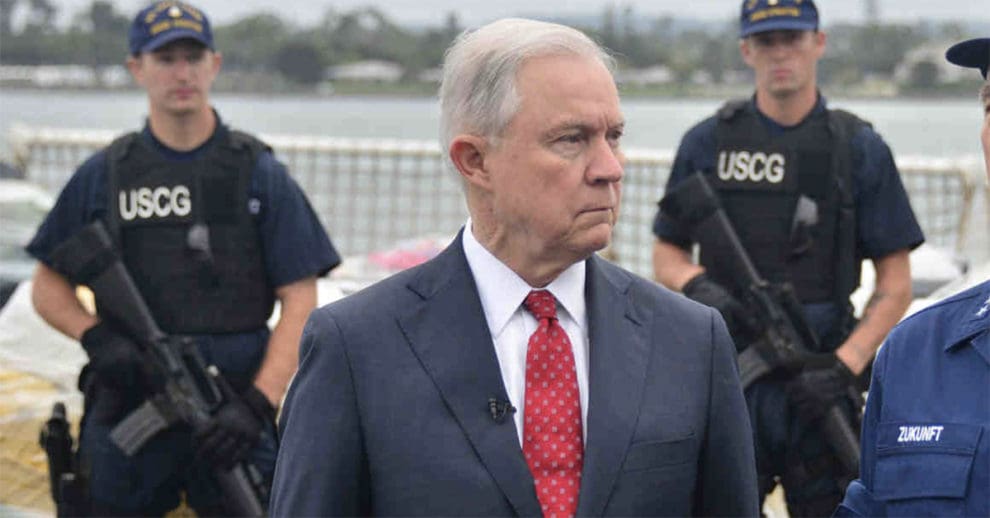
Last night, the New York Times confirmed what we all knew — the White House and every government agency that interacts with immigrant children and families intentionally implemented a plan to separate children from their parents.
The President ordered it. Attorney General Sessions authorized indiscriminate prosecutions that resulted in separation. Homeland Security Secretary Kirstjen Nielsen authorized border agents to rip children from their parents and refer those parents for prosecution — without any mechanisms to track family relationship or plans to reunify children with their families.
They didn’t care how young the children were. They didn’t care how far those families had come to seek safety, and what they had fled. They didn’t see the welfare of the children and parents they abused as their responsibility.
They ignored public servants who warned them of the harm to children — prosecutors who refused to prosecute but were overruled by superiors. Staff from Health and Human Services who warned their superiors of the toxic stress and trauma children would suffer, but who were ignored.
They ignored child advocates who put them on notice that they were in fact implementing a plan that would break family bonds and harm a child for a lifetime. All they cared about was stopping families from seeking safety. In search of that policy goal, as Physicians for Human Rights has determined, they tortured children and families.
A government that never again uses separation as a weapon against families is one that considers the best interest of all children in every decision.
After many hearings about the family separation policy and its consequences, one thing is clear — each government agency placed the blame and the responsibility of caring for children with someone else. But every administration official — of every agency — is responsible for making sure that their policies protect the health and well-being of children. Family separation displayed that in the worst way.
Immigration policies — all policies — should stem from these fundamental questions: Is this policy in the best interest of children?
Does it protect their rights to family unity, health, and development? Does it help or harm them? Then, and only then, can we begin to hope that we do not repeat the sins of the past.